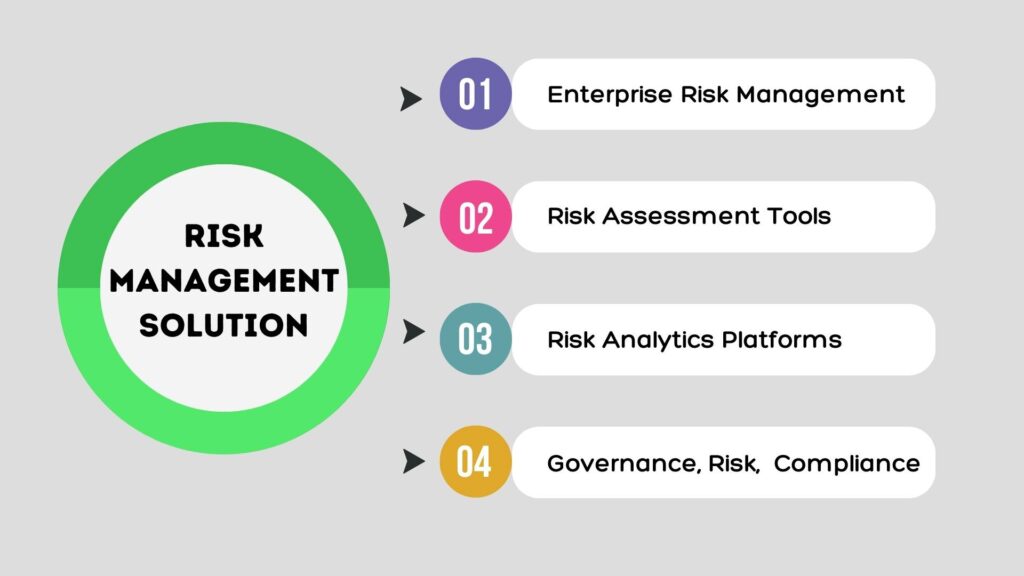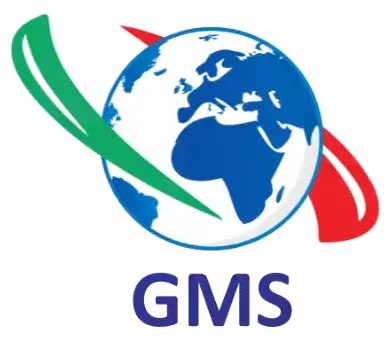Risk Management solution

Risk management solutions are tools, frameworks, and strategies designed to assist organizations in identifying, assessing, mitigating, and monitoring risks across various aspects of their operations. These solutions help businesses proactively manage potential threats and uncertainties, making informed decisions to protect their objectives, assets, and reputation. Here are some common types of risk management solutions:
Enterprise Risk Management (ERM) Software: ERM software provides a centralized platform for organizations to identify, assess, and manage risks across different departments and business units. These platforms often offer features for risk identification, risk assessment, risk reporting, and mitigation plan tracking.
Risk Assessment Tools: These tools assist in evaluating the potential impact and likelihood of risks. They often use quantitative and qualitative methods to calculate risk scores and prioritize risks based on their severity.

GRC (Governance, Risk, and Compliance) Software: GRC software integrates governance, risk management, and compliance activities within an organization. It helps streamline risk identification, mitigation, and compliance efforts while ensuring alignment with regulatory requirements and industry standards.
Cybersecurity Risk Management Solutions: These solutions focus specifically on identifying and mitigating risks related to cybersecurity threats. They assess vulnerabilities, monitor network activity, and implement controls to prevent data breaches and cyberattacks.
Supply Chain Risk Management Software: Organizations can use these solutions to assess and manage risks associated with their supply chain. This includes identifying risks related to suppliers, vendors, logistics, and market fluctuations.
Financial Risk Management Tools: These tools help organizations manage financial risks such as market volatility, credit risks, liquidity risks, and currency fluctuations. They often involve complex modeling and scenario analysis.
Operational Risk Management Solutions: These solutions focus on identifying risks related to internal processes, systems, and operations. They aim to improve efficiency and prevent errors or disruptions.
Compliance Management Solutions: These tools help organizations adhere to regulatory requirements and industry standards. They assist in tracking compliance activities, managing documentation, and ensuring that the organization meets legal obligations.
Project Risk Management Tools: Organizations can use these tools to assess and manage risks specific to projects. They assist in identifying potential project setbacks and developing mitigation strategies.
Insurance and Risk Financing Services: Some organizations opt to transfer certain risks through insurance policies or risk financing arrangements. Insurance providers and risk management consultants offer guidance on effective risk transfer strategies.
Risk Analytics Platforms: These platforms use data analytics and modeling techniques to analyze historical and real-time data to predict and assess potential risks. They help organizations make data-driven decisions regarding risk mitigation strategies.
When selecting a risk management solution, organizations should consider their specific needs, the complexity of their operations, regulatory requirements, industry standards, and the types of risks they face. The goal is to implement a solution that aligns with the organization’s risk management strategy and enhances its ability to navigate uncertainties effectively.
